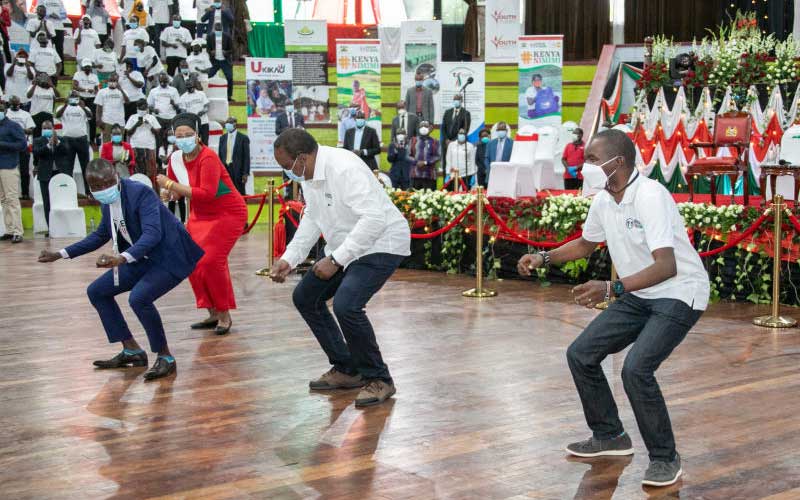×
The Standard e-Paper
Smart Minds Choose Us

[File, Standard]
Young people constitute the largest segment of Kenya’s population, with about 40 per cent aged between 18 and 34. They represent a critical demographic in human capital, which while still sub-optimally tapped, portends opportunity for future economic development.